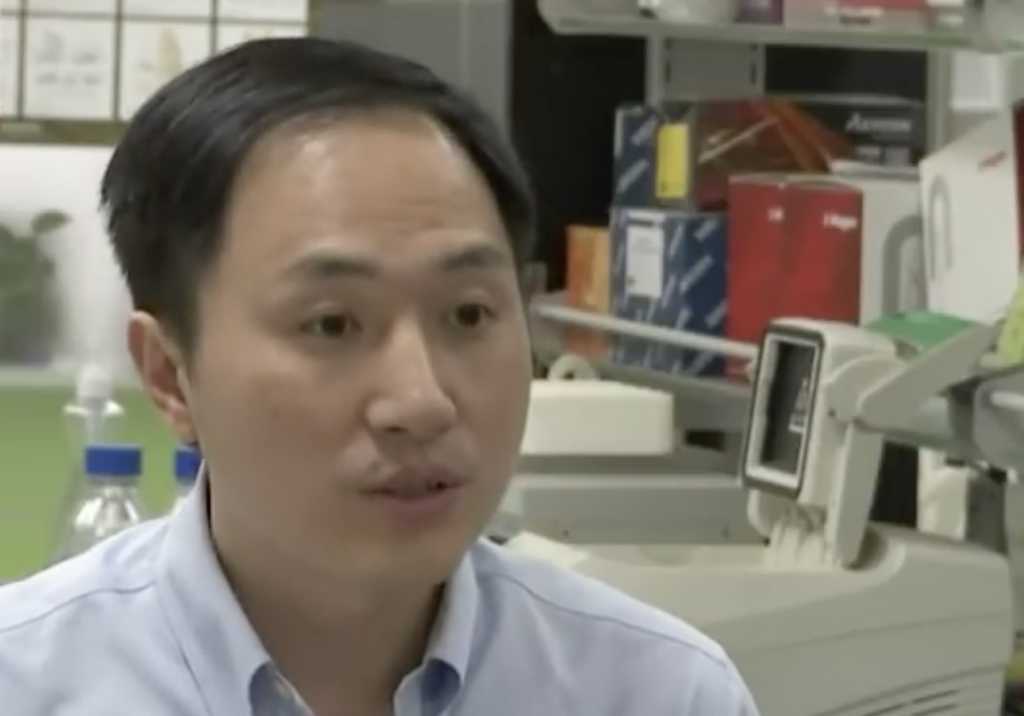A scientist in China claimed he has created the world’s first gene-edited babies.
He Jiankui, a researcher at the Southern University of Science and Technology of China in Shenzhen, said he has successfully used the gene-editing tool CRISPR-cas9 to alter the DNA of twin baby girls, giving them the ability to resist potential HIV infections, according to The Associated Press.
“I feel a strong responsibility that it’s not just to make a first, but also make it an example,” He told the AP, adding it’s up to politicians to “decide what to do next” with the technology he’s reportedly perfected.
It should be noted, of course, that He’s claim has not been independently confirmed, nor has it been documented in any sort of medical journal, which would require the scientist’s findings to be peer-reviewed.
He’s alleged technological advancement was met with quite a bit of criticism.
One gene-editing expert from the University of Pennsylvania, Dr. Kiran Musunuru, described He’s work as “unconscionable” and “an experiment on human beings that is not morally or ethically defensible,” The Guardian reported.
Musunuru told the AP that “no babies should be born at this point in time following the use of this technology” because it’s “simply too early, too premature.”
‘The Miraculous Journey’: Artist Unveils Massive Pro-Life Sculptures Outside Hospital
Julian Savulescu, a professor of practical ethics at the University of Oxford, called the experiment “monstrous,” arguing it is not known what side effects could result from such genetic tampering. The practice, he explained, is “still associated with off-target mutations, capable of causing genetic problems early and later in life, including the development of cancer.”
As far as He using the gene-editing technique to supposedly embed within embryos the ability to fight HIV, Savulescu said, “There are many effective ways to prevent HIV in healthy individuals: for example, protected sex. And there are effective treatments if one does contract it.”
“This experiment exposes healthy, normal children to risks of gene-editing for no real necessary benefit,” he continued. “In many other places in the world, this would be illegal punishable by imprisonment.”
He claims he has altered embryos for seven couples during their fertility treatments. The researcher said he practiced editing on mice, a monkey and human embryos in the lab for several years before applying the methods in real life.



